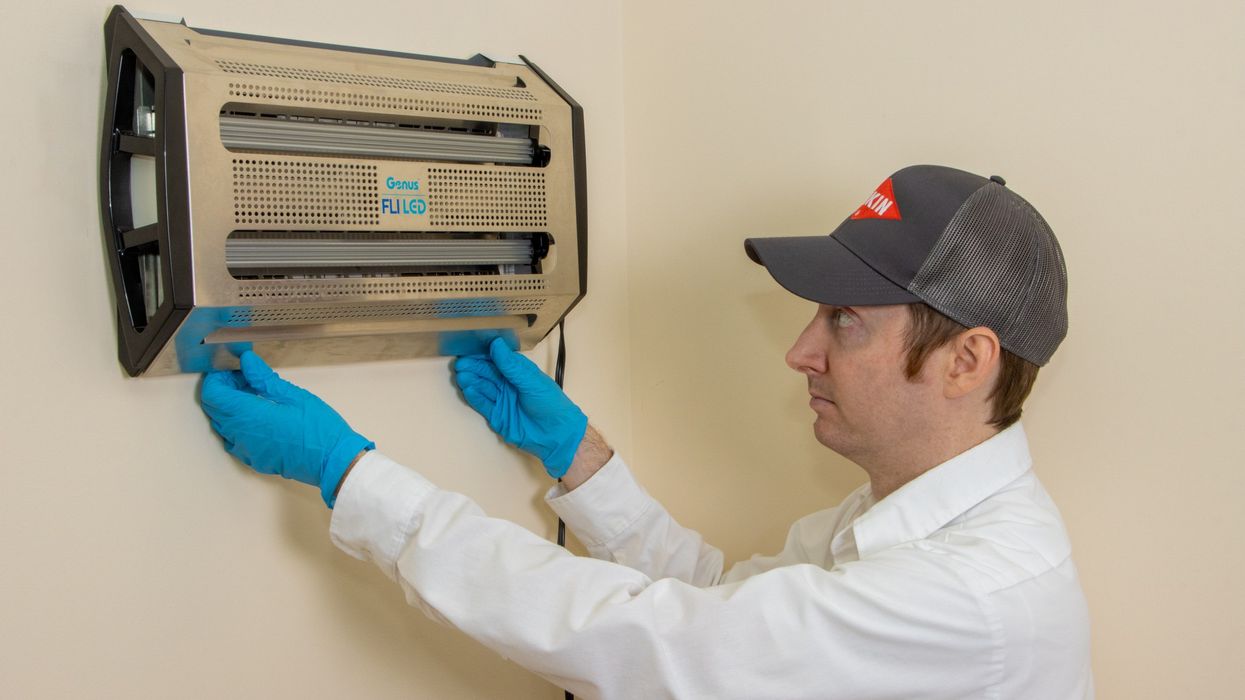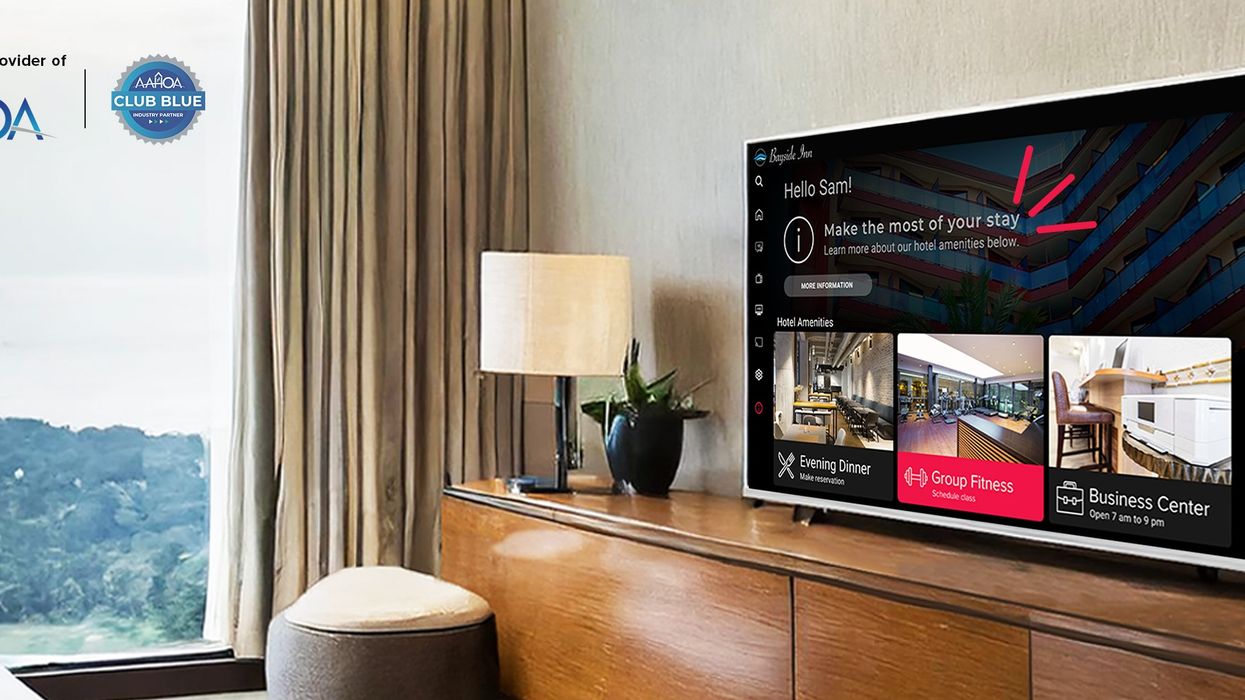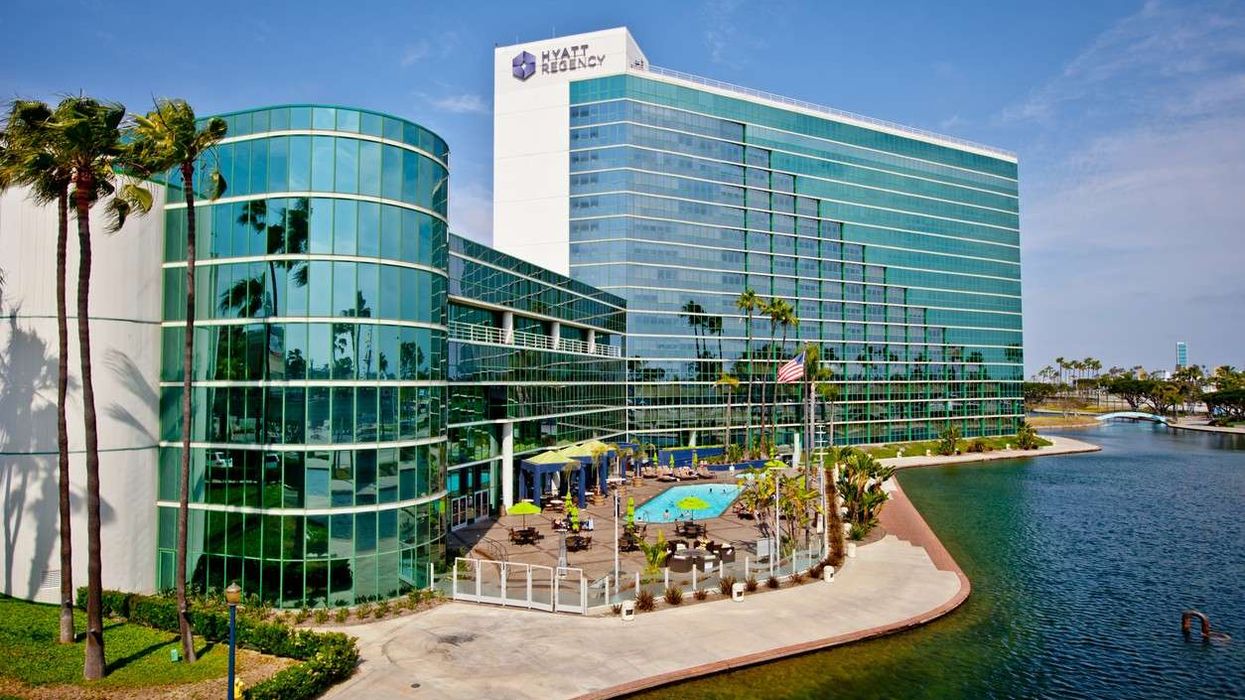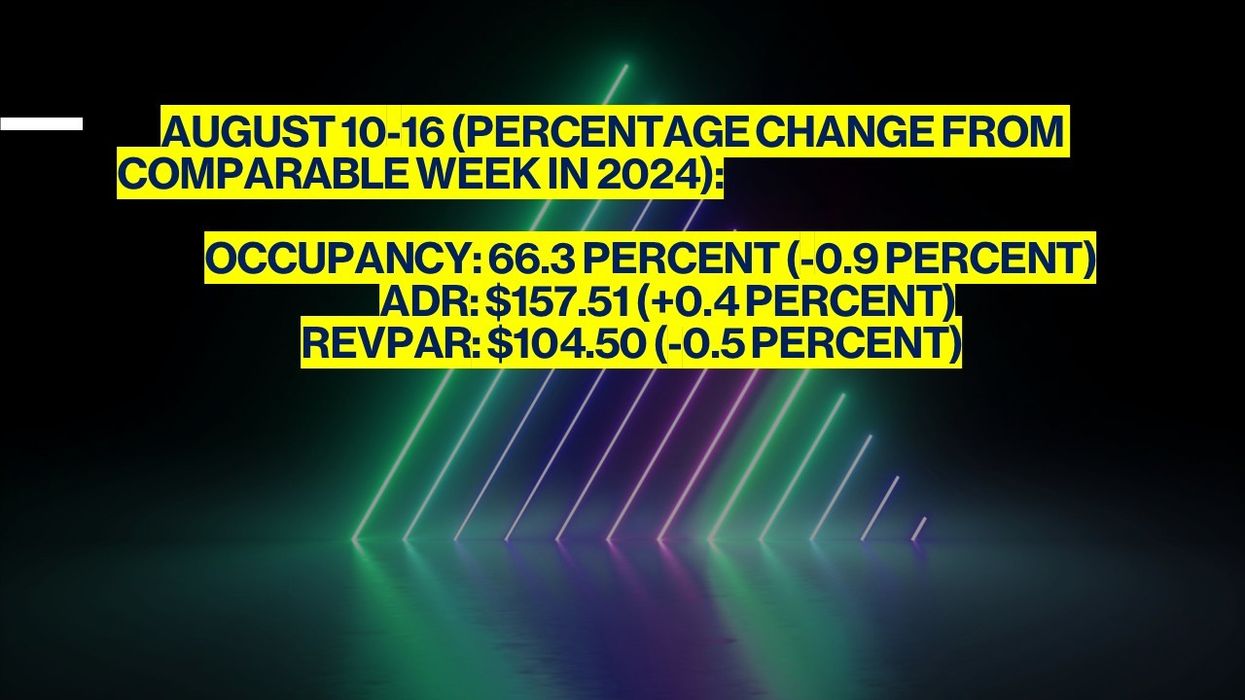Summary:
- Orkin recommends Integrated Pest Management plans for hotels.
- LED light traps, remote rodent monitoring newest part of IPMs.
- Proper pest control protects hotels’ reputations.
FEW THINGS TARNISH a hotel’s reputation faster than a bed bug, rat or roach sighting. For hospitality leaders, proactive pest control is about more than safety, it’s essential for protecting brand reputation and ensuring guest satisfaction.
In an era of heightened awareness around health and safety, businesses are recognizing the importance of getting ahead in their approach to pest control to help protect employees and customers. Orkin emphasizes Integrated Pest Management — a strategy that includes inspecting, monitoring and preventive non-chemical tactics (like exclusion) before using any chemical pest treatments. A comprehensive IPM plan, with routine inspections and ongoing monitoring and maintenance, helps businesses safeguard their reputation and reduce the risks and costs associated with pest infestations.
New technology also is helping that process.
Emerging Pest Control Technology
Common IPM plans for hotels include ant, fly, bed bug and rodent control. Traditional treatments — like mattress encasements, chemical applications and heat treatments when necessary — remain essential for bed bug treatment. However, advancements in fly and rodent control are bringing smarter, more efficient options to the table.
In hotels and other hospitality facilities, like conference centers or exhibit areas, new technology serves two vital purposes. First, it optimizes operational efficiency and supports regulatory compliance, allowing hoteliers to focus on what matters most — delivering an excellent guest experience. Second, it helps protect your guests and brand by preventing pest issues before they start.
Energy-Efficient, Low Maintenance
One innovation gaining popularity is the use of LED insect light traps. These devices provide a more energy-efficient and low-maintenance alternative to traditional fluorescent ILTs. With LED strips lasting up to three years, they minimize maintenance needs and reduce the frequency of bulb replacements.
Orkin’s fly control programs combine LED ILT installation and other types of traps as needed with the standard IPM process and products for effective pest control and prevention, especially through ongoing monitoring and reporting.
Another emerging solution is remote rodent monitoring, which reports instantly on mouse and rat activity throughout a facility. This technology supports compliance with the strict rodenticide regulations for hotels, providing alerts to both facility management and your pest control provider to allow for targeted rodent control, without impacting your guests or customers. These devices, when used, help provide a faster response if a rodent issue is discovered, rather than waiting until the next regularly scheduled service to reveal an issue.
New advances in monitoring devices allow precise monitoring for insects, allowing pest professionals to pinpoint where pests are in a facility to isolate and help eliminate pests immediately. New advances in connected devices are being tested now to allow remote monitoring.
Using an IPM plan helps address a challenge specific to the hospitality industry — highly vulnerable guests such as the elderly, pregnant women, children and pets. Because harmful chemicals are not used, visitors and guests who may be hypersensitive to pets or pesticides are not affected by pest treatment programs in place throughout the hotel.
As the hospitality industry continues to evolve, so must pest control. By combining IPM with incorporating advanced tools like LED ILTs and remote rodent monitoring, hotels can proactively protect their facilities and guests while maintaining a pristine brand reputation. In today’s competitive landscape, the smartest hospitality leaders know that staying pest-free isn’t just about prevention — it’s about preparation, precision and peace of mind.
Related story: Philadelphia tops bed bug list again













